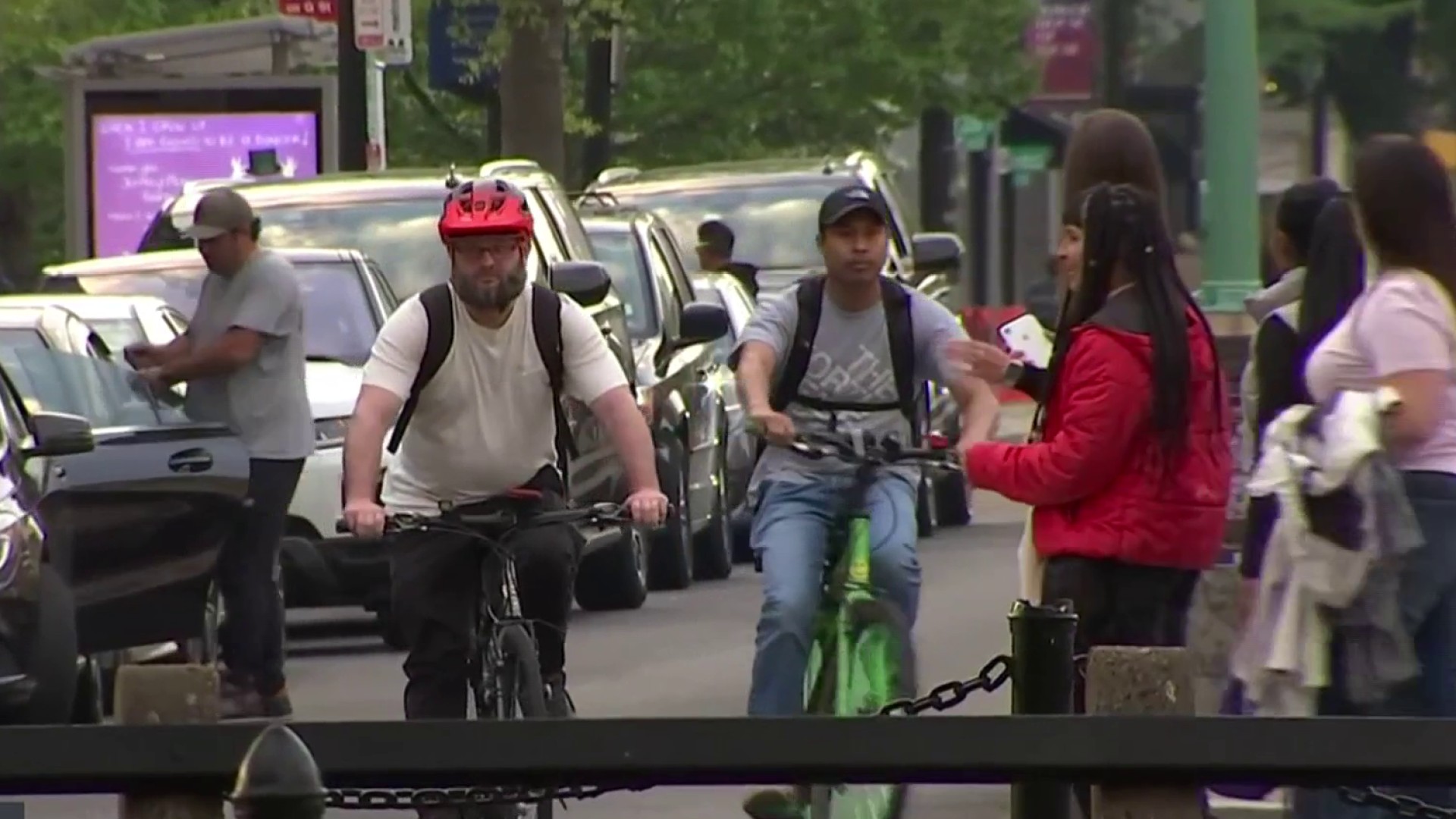A survey of convicted muggers revealed some helpful details about what they do and do not look for in their victims.
David Solano is a prisoner in Stormville, New York, but he wants you to listen to what he has to say.
"My favorite target was anyone alone, anyone who was alone.”
Solano is a serial mugger serving a 25-to-life sentence. He admitted robbing more than 100 people in his life.
“It didn't matter whether it was a man or a woman," Solano said.
He’s not alone. Of those who responded to a survey sent to hundreds of convicted inmates by our news partners in New York, 39 percent said they committed more than 20 robberies. More than 55 percent of those who responded said gender did not matter, and 46 percent said they didn’t care about the age of their victims.
But the survey offered some insight into who the muggers did target. Many of the inmates answered with the word “flashy.” Forty-five percent said nice clothes or jewelry first caught their attention.
Local
Washington, D.C., Maryland and Virginia local news, events and information
“If they wore like shaggy clothes, like gym clothes or a gym bag, I wouldn't bother them," Solano said.
About one third of those who answered the survey said they also looked for people who might not fight back. One out of four said they targeted anyone who looked lost or drunk.
While most of the muggers in the survey said they attacked mainly "on the streets" or "inside/outside a building," 27 percent said they preferred the subways. "If I was in the subway, I'd be on the platform closer to the tunnels, so that would be my getaway inside the tunnels," Solano said.
That’s why it’s safer for passengers to stand in the middle of the platform in crowds, he said.
And if you think these muggers might be deterred by surveillance cameras, which seem to cover our cities, you’d be wrong. Muggers responded to the survey saying those cameras give people a false sense of security. Almost three-fourths said they didn’t care about cameras, claiming all they had to do was cover their faces.
A large number of the muggers in the survey -- 70 percent -- said they carried a weapon "at least sometimes." Sixty-nine percent said they would get physical if the victim fought back. That’s why it’s not worth it to fight back, Solano said.
“I wouldn't suggest it at all, because if a person is really out to get the money, then they're liable to do anything,” he said. “You know I've had men try to fight back and I would hurt them, yes."
D.C. resident Heidi Case said she heard the same advice from self-defense instructors.
"They said don't fight back. It's only your wallet. It's not worth it," she said.
Case took the course after being mugged one morning on her way to a meeting.
"We were waiting on the elevator, and he suddenly just reached out and snatched,” she said.
Case, who uses a wheelchair, told the I-Team the man grabbed the fanny pack around her waist and took off with her wallet.
“And I started screaming, ‘No, no!’ and I was trying to hit him," she said.
Even though the robbers in the I-Team survey said it’s safer not to fight back, there was one move they said might stop them: A kick to the groin.
Since Case was mugged, she said she’s just tried to be more aware of who’s around her at all times and lets people know she’s not distracted.
"I always talk to everyone,” Case said. "I'm paying attention. I'm not afraid."
Reported by Scott MacFarlane, produced by Rick Yarborough, and shot and edited by Steve Jones.



